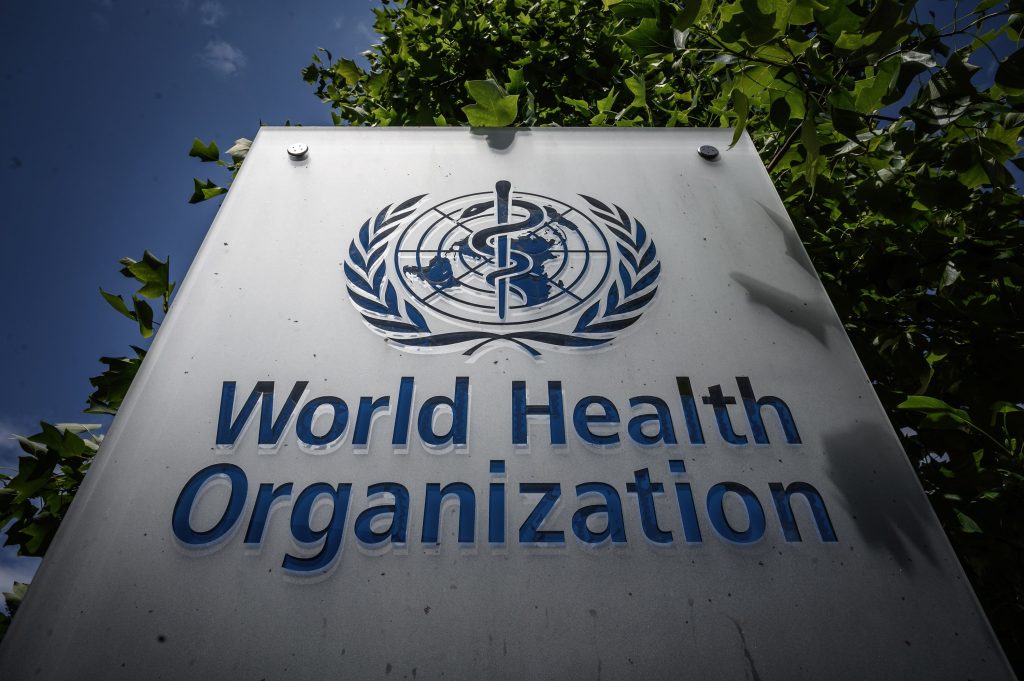The U.S. government has expressed dissatisfaction with the WHO’s handling of the COVID-19 pandemic, particularly its delayed response to the outbreak originating in Wuhan, China. The administration also criticized the WHO for failing to implement necessary reforms and for being susceptible to political pressures, compromising its independence. Additionally, the U.S. raised concerns about the disproportionate financial burden it faces in funding the WHO compared to other nations like China, which contributes far less despite its significantly larger population.
Immediate Actions and Impact
Following this decision, the U.S. will halt funding and resources directed towards the WHO and begin the process of reassigning its personnel and contractors involved with the organization. A comprehensive review of the U.S. Global Health Security Strategy will also be undertaken, with the goal of establishing new, more effective mechanisms to address global health challenges.
Future Directions
As the U.S. withdraws from the WHO, the government will focus on identifying new partners and strengthening its domestic and international biosecurity capabilities. The U.S. will also cease negotiations related to the WHO Pandemic Agreement and the amendments to the International Health Regulations, marking a sharp divergence from the WHO’s future directions.
Conclusion
This decision represents a bold stance by the U.S. to prioritize national sovereignty in health policy while questioning the effectiveness of international organizations like the WHO in managing global health crises. The full ramifications of this withdrawal remain to be seen, but it marks a clear turning point in U.S. global health diplomacy.



Comments (0)
No comments yet. Be the first to comment!
Leave a Comment